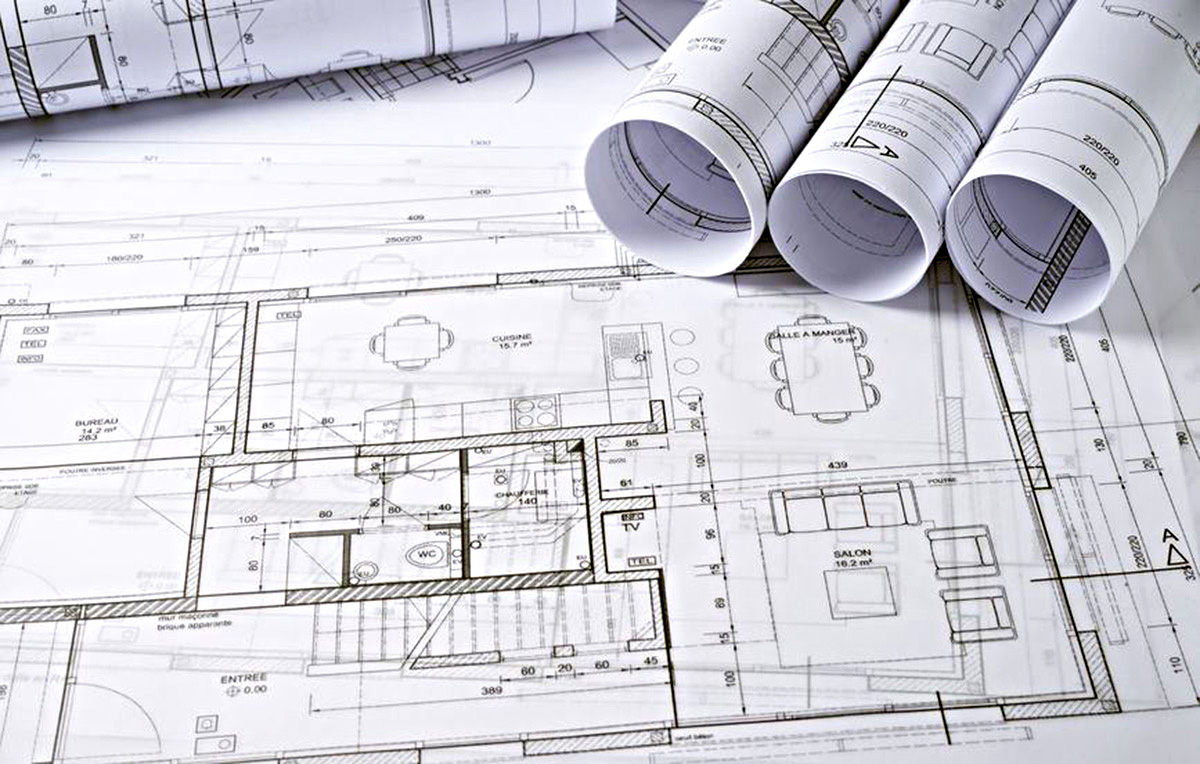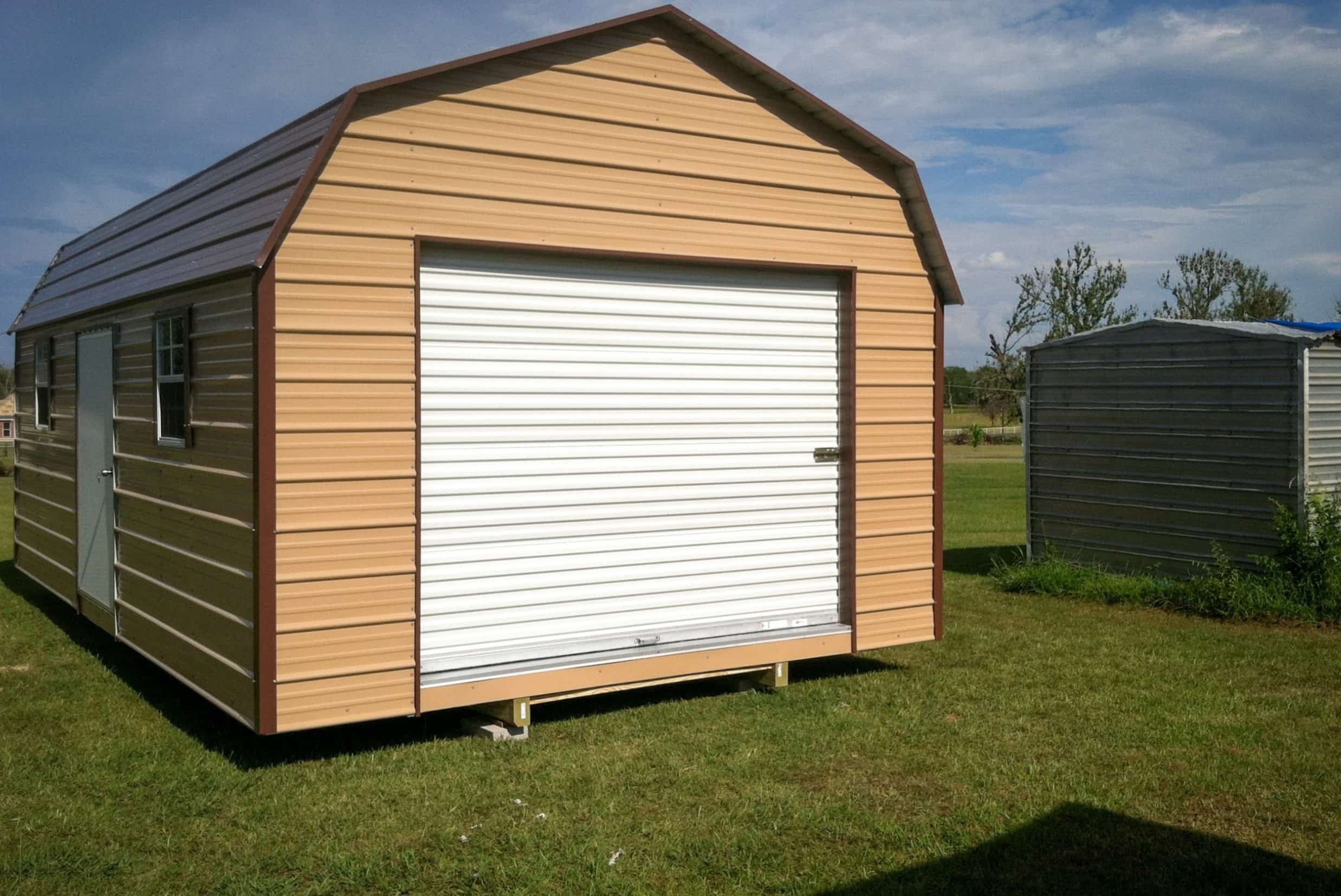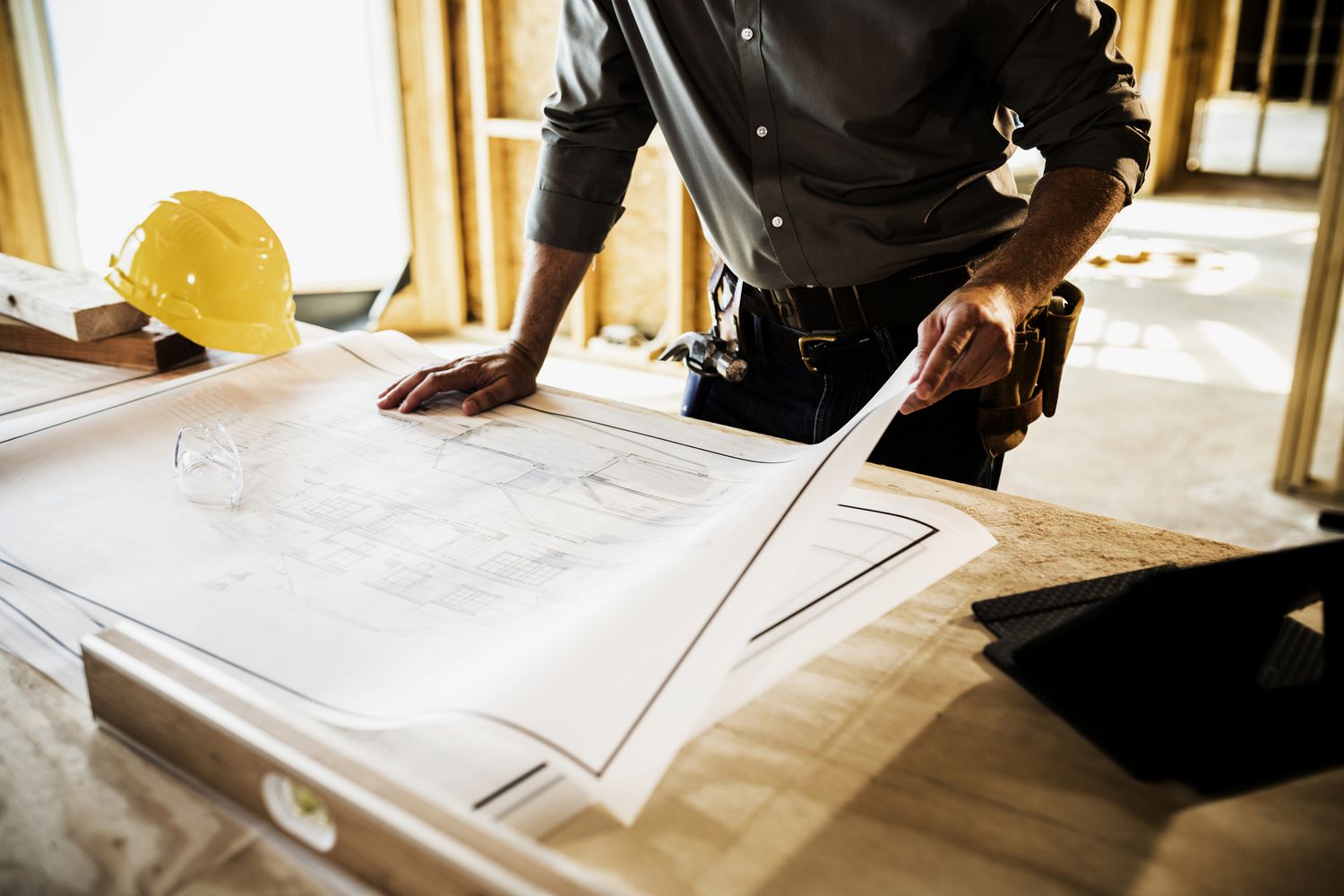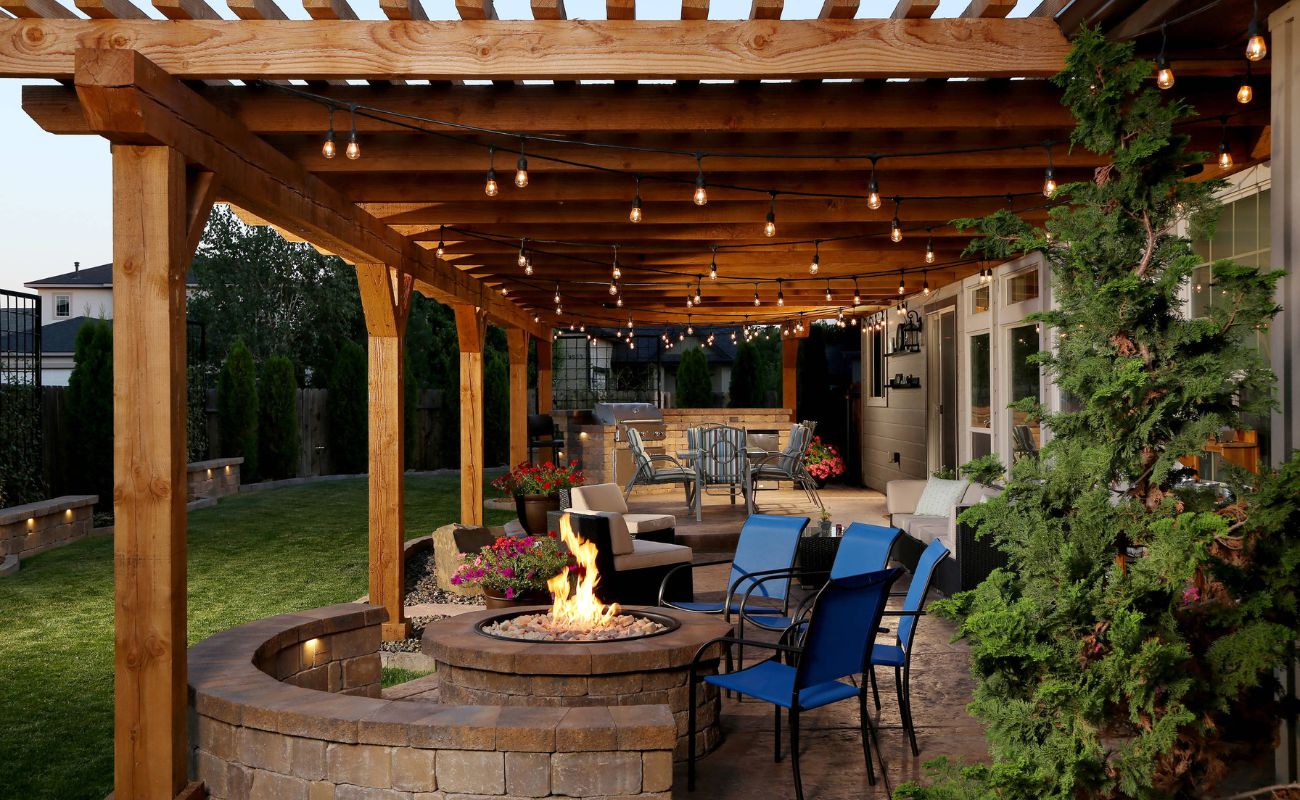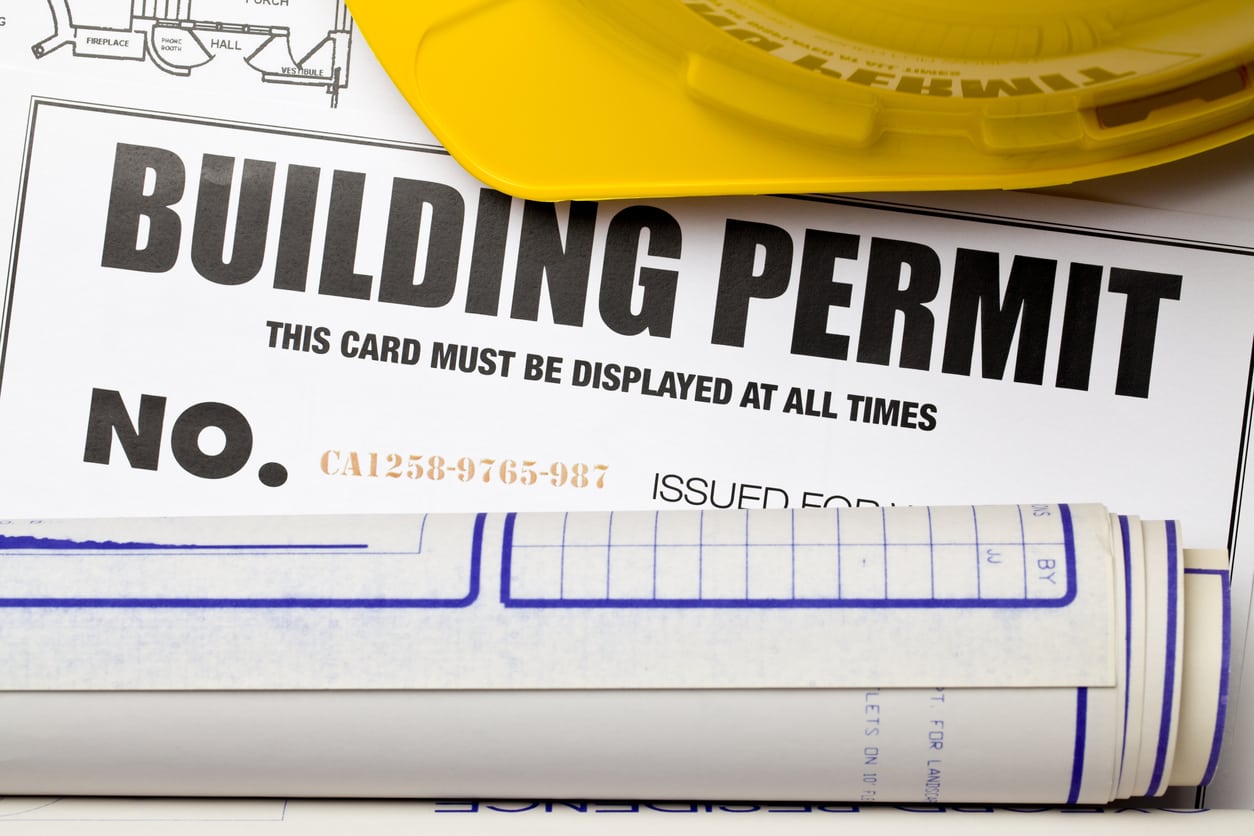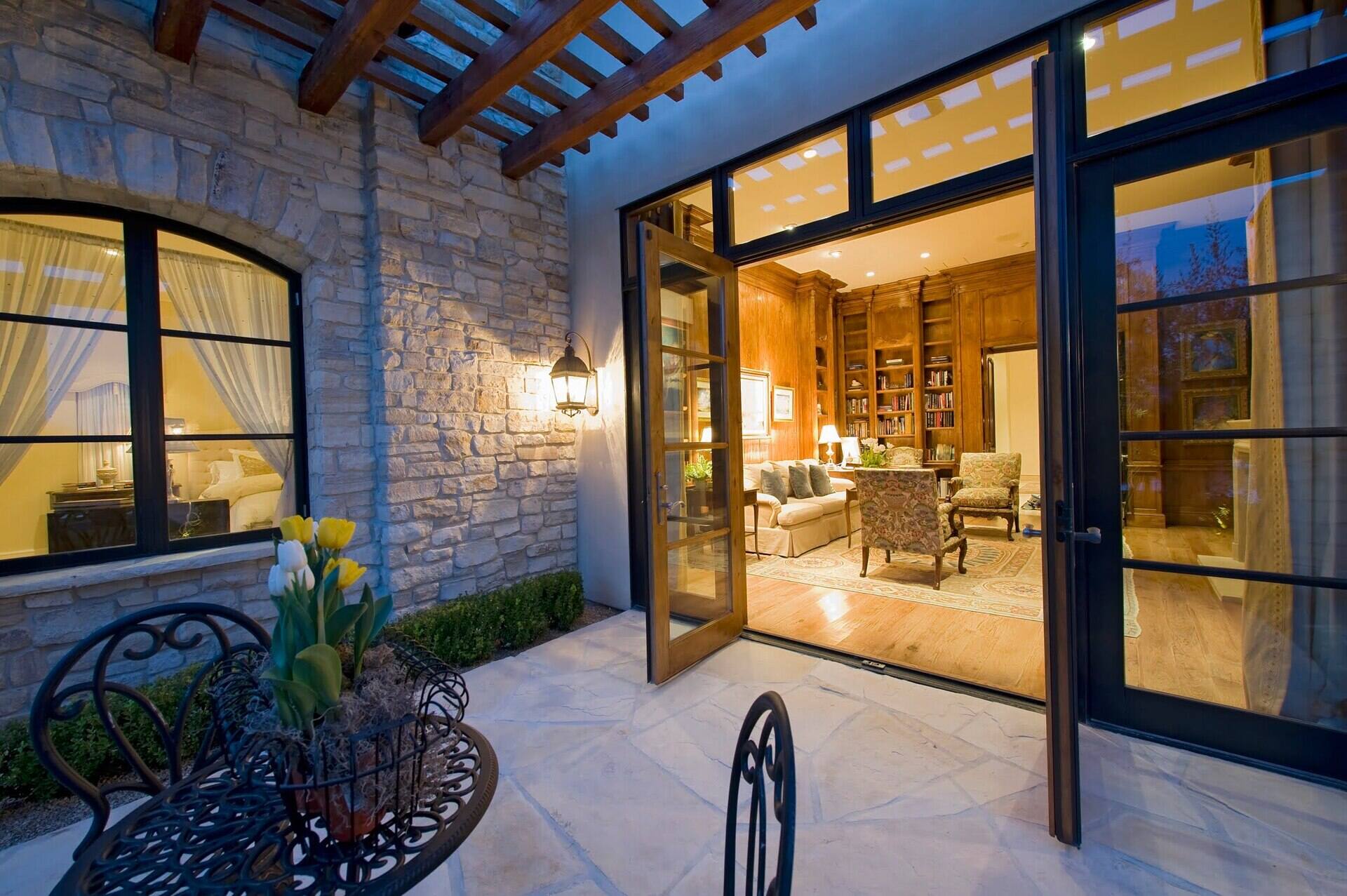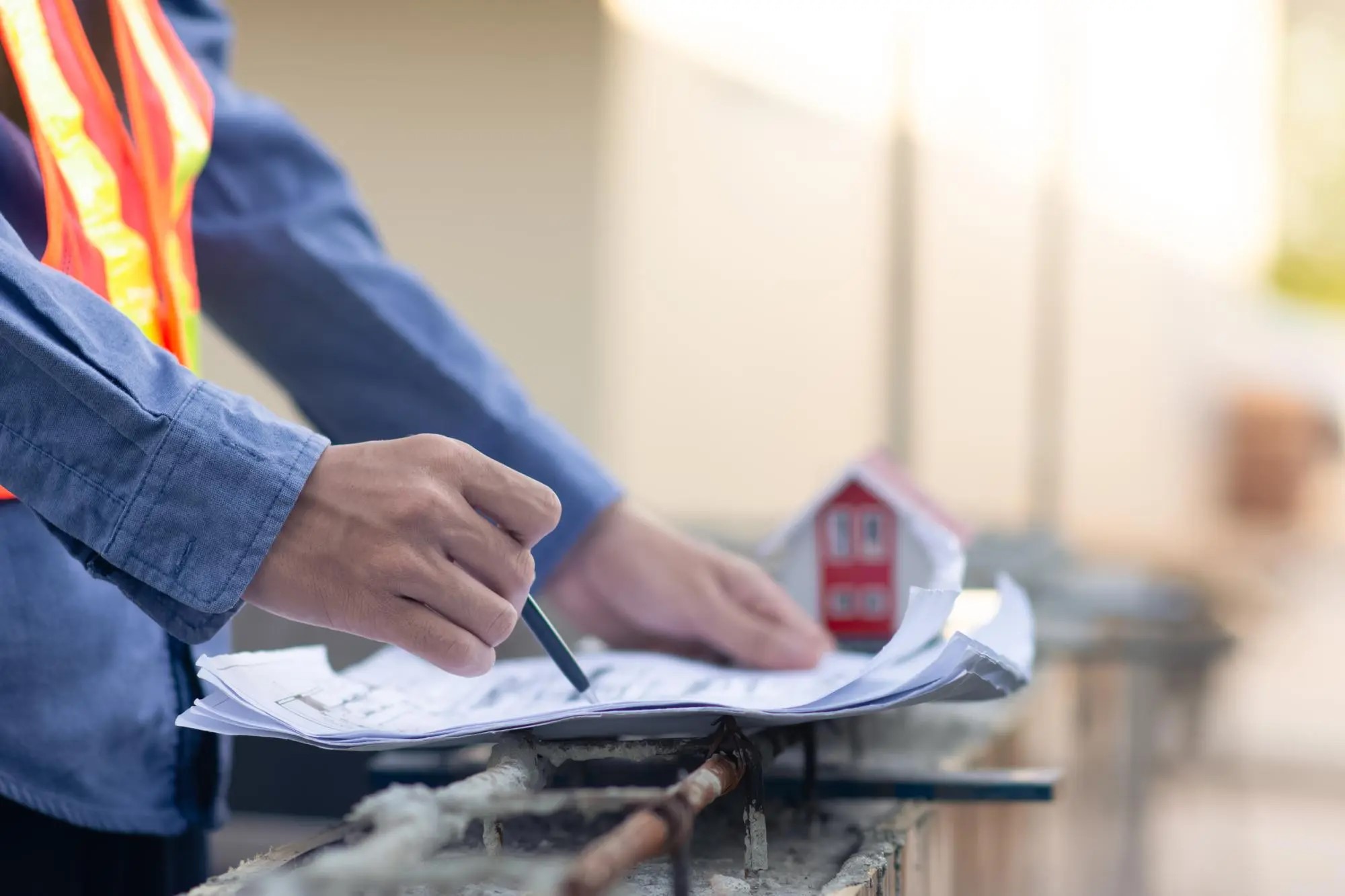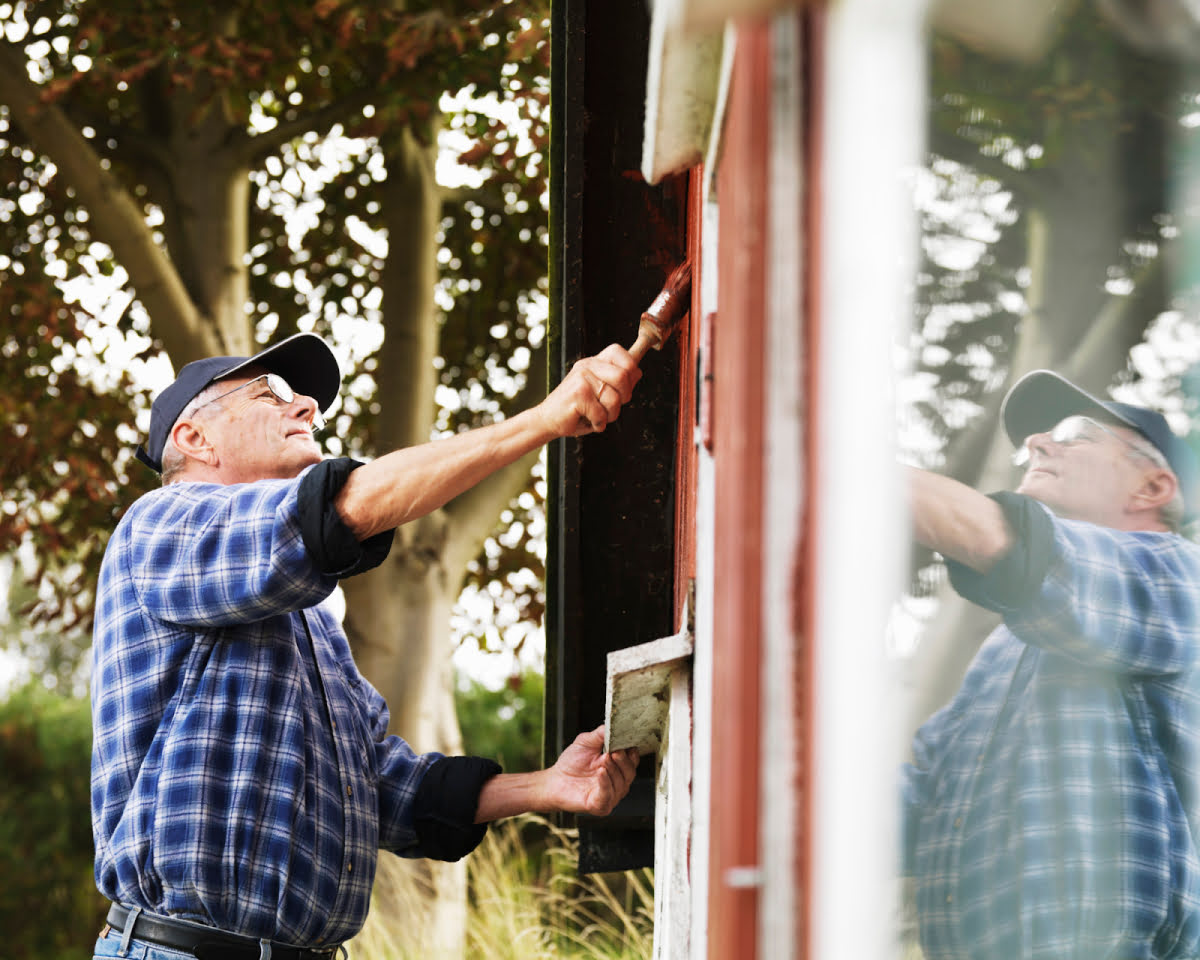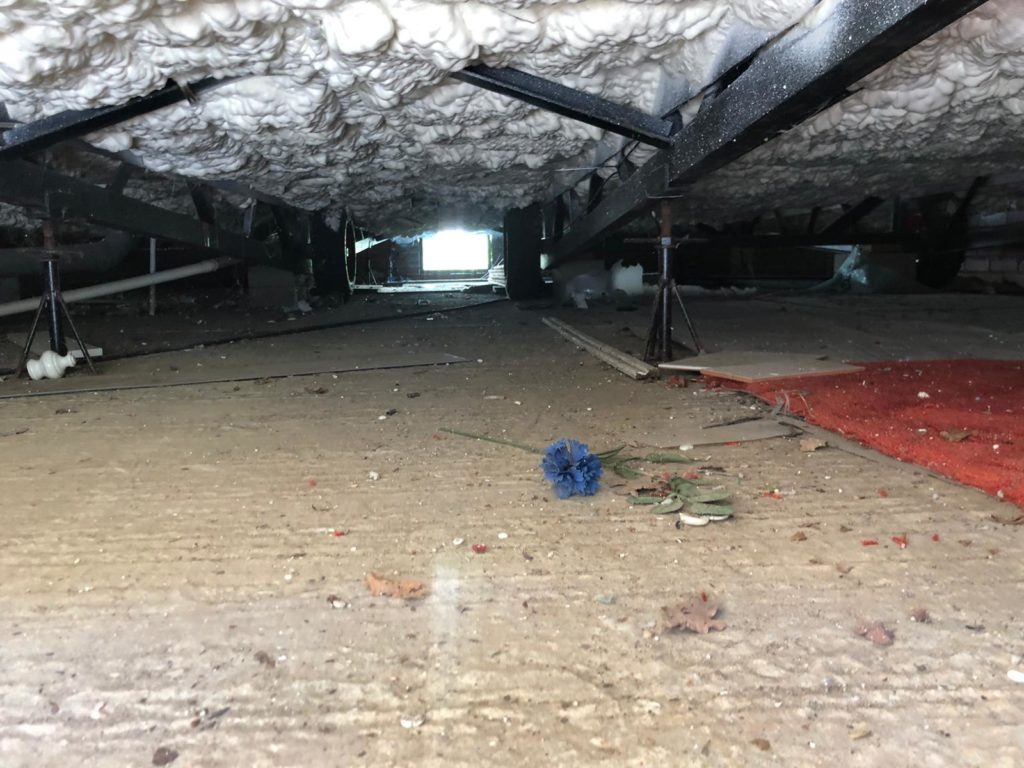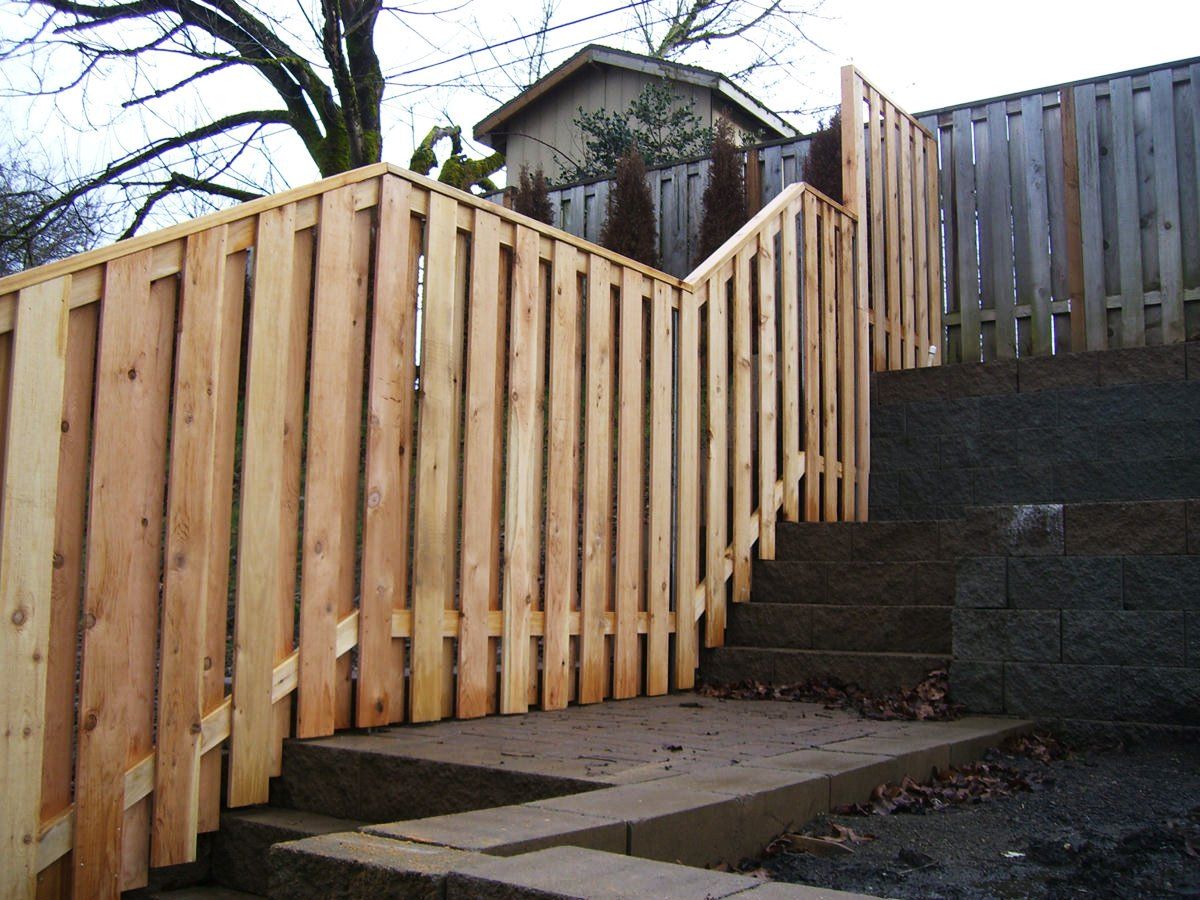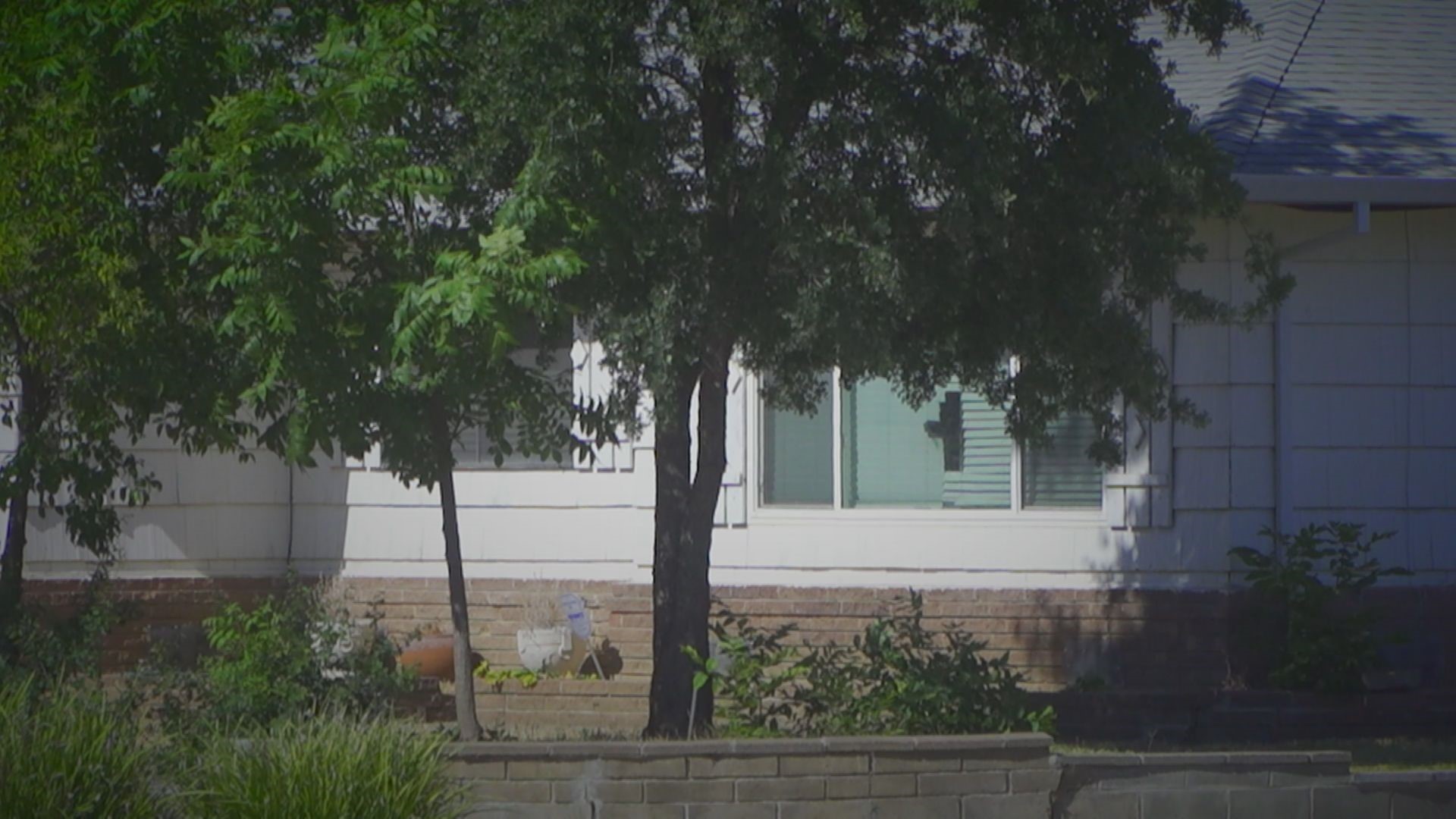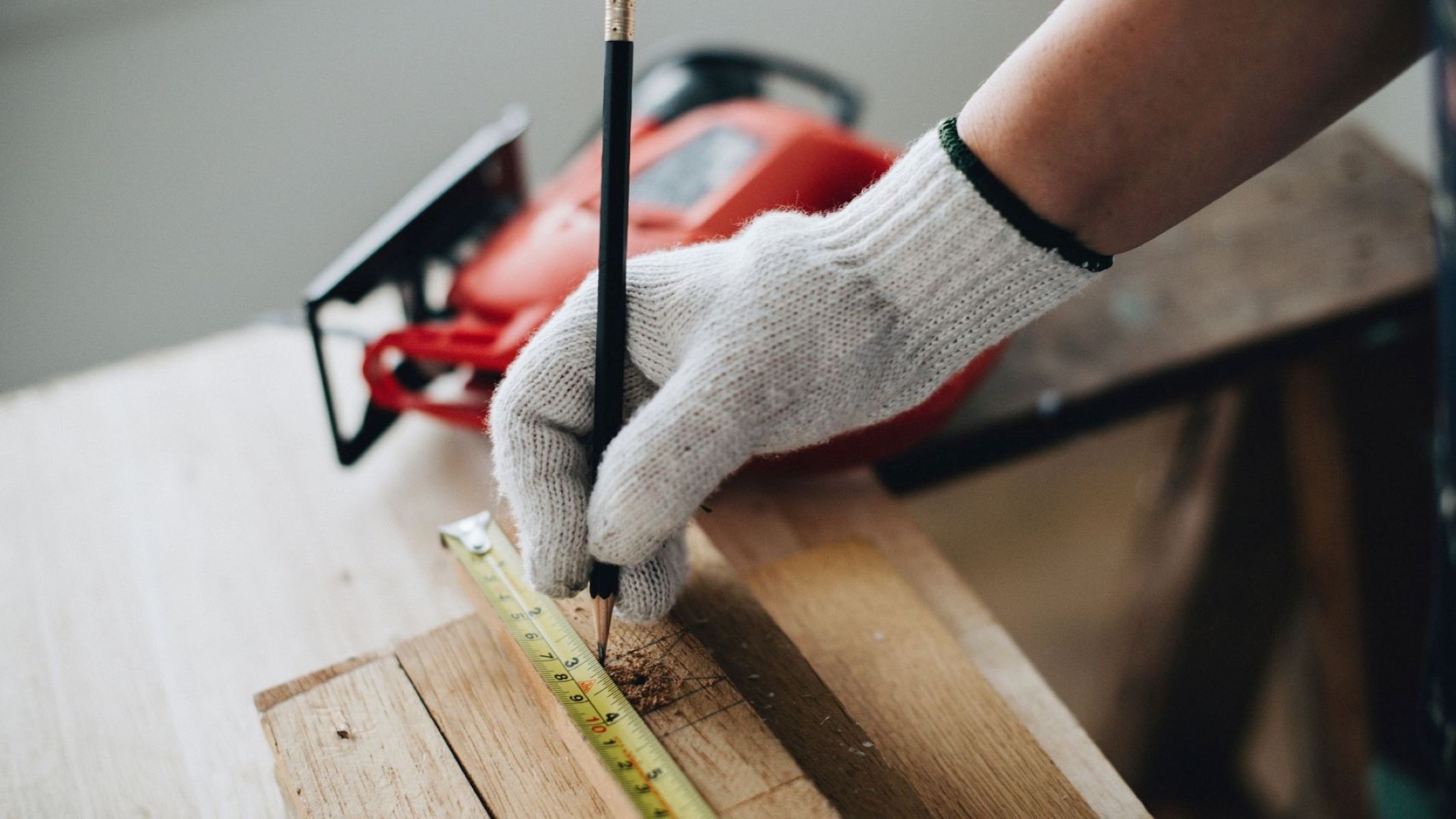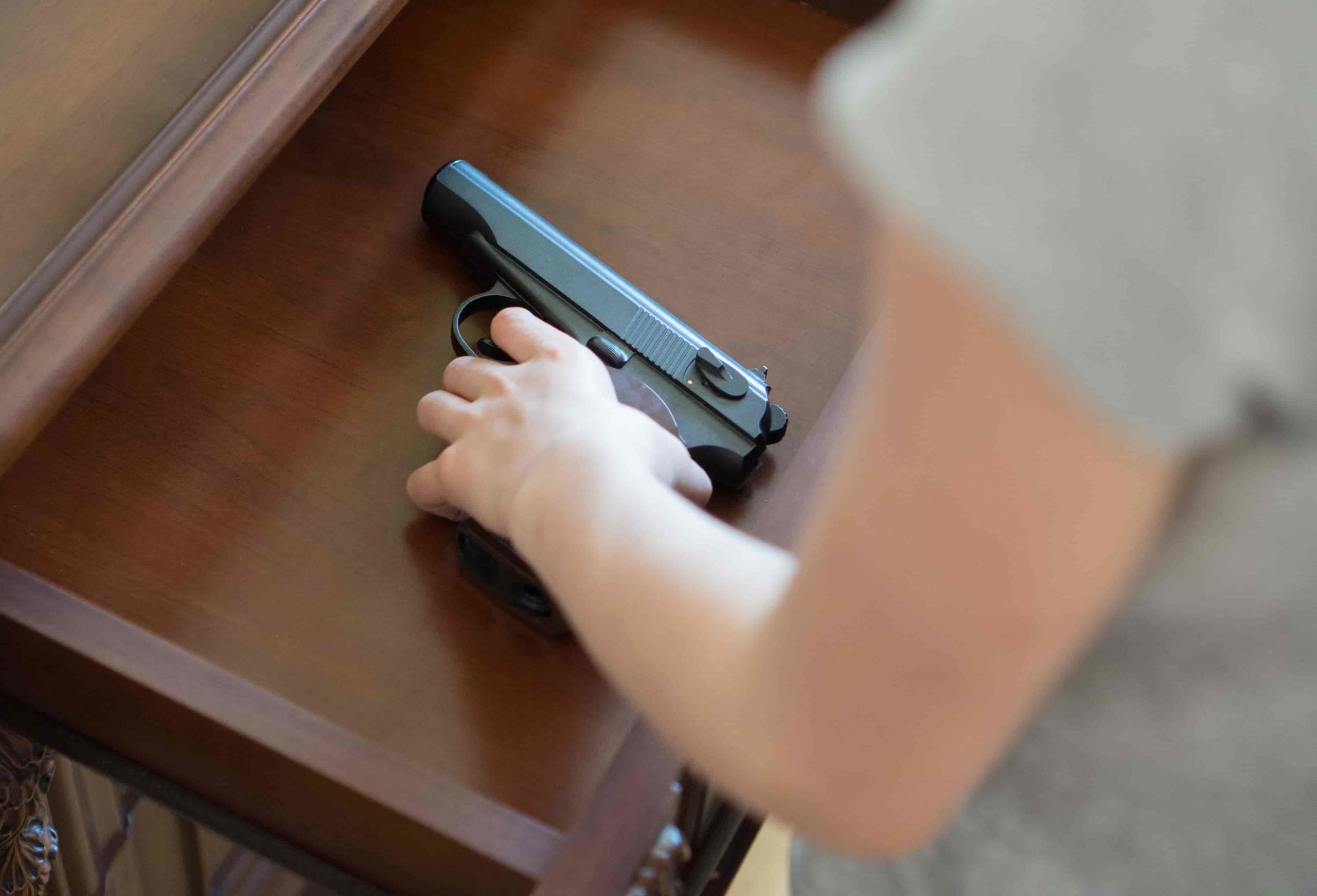Home>Home Maintenance>What Needs A Building Permit For Mobile Home Repair In California
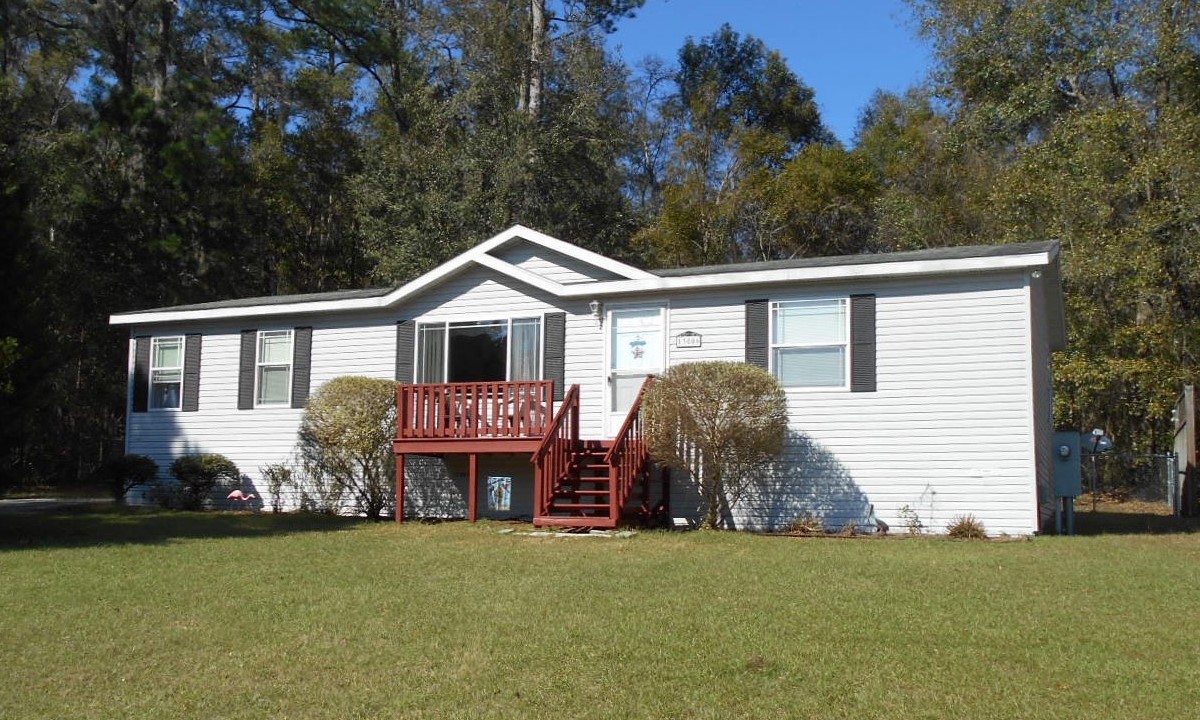

Home Maintenance
What Needs A Building Permit For Mobile Home Repair In California
Modified: March 6, 2024
Find out what repairs for mobile homes in California require a building permit. Stay compliant with regulations for home maintenance and ensure safe renovations.
(Many of the links in this article redirect to a specific reviewed product. Your purchase of these products through affiliate links helps to generate commission for Storables.com, at no extra cost. Learn more)
Introduction
Welcome to the world of mobile home repair! Whether you are a homeowner or a professional in the home maintenance industry, it’s crucial to know when a building permit is required for mobile home repair projects in California. Understanding the permitting process not only ensures compliance with regulations but also helps to safeguard the structural integrity and safety of your mobile home.
In this article, we will provide a comprehensive overview of building permits for mobile home repair in California. We will define mobile home repair, discuss when a building permit is required, explore common repair projects that necessitate a permit, outline the steps to obtain a permit, and highlight the consequences of not complying with the permitting process. So, let’s dive in and discover the world of mobile home repair permitting in California!
Key Takeaways:
- Always check with your local building department before starting any mobile home repair project in California. Obtaining a building permit ensures safety, compliance, and long-term value for your home.
- Skipping the permitting process can lead to legal penalties, increased costs, and safety concerns. Prioritize obtaining the necessary permits to protect your mobile home and investment.
Read more: What Home Improvements Need A Permit?
Overview of Building Permits in California
Building permits are an essential part of the construction and repair process in California. They are issued by local government agencies to ensure that all construction activities meet safety standards and adhere to building codes. These permits grant homeowners and contractors the legal authorization to proceed with their intended projects. Failure to obtain the proper permits can result in penalties, fines, or even the demolition of the work completed.
In California, building permits are issued at the local level by city or county governments. Each jurisdiction has its own set of regulations and requirements for permit applications. It is essential to determine the specific requirements of your local jurisdiction before embarking on any mobile home repair projects.
Typically, building permits are required for any new construction, additions, alterations, repairs, or demolitions that affect the structural integrity, electrical systems, plumbing systems, or mechanical systems of a building. However, the exact requirements can vary depending on the nature and extent of the repair or improvement.
It is important to note that building permits are not intended to hinder or delay projects unnecessarily. Their purpose is to ensure that work is completed safely and meets the minimum standards set forth by the local jurisdiction. By obtaining a building permit, you demonstrate your commitment to the safety and well-being of your mobile home and its occupants.
Now that we have a general understanding of building permits in California let’s delve into the specifics of mobile home repair and when a permit is required.
Definition of Mobile Home Repair
Before we explore the permitting requirements for mobile home repair in California, let’s first define what constitutes mobile home repair. Mobile home repair refers to any actions taken to fix, improve, or maintain the structural components, systems, or amenities of a mobile home.
A mobile home, also known as a manufactured home, is a prefabricated structure that is built in a factory and then transported to a specific location for installation. These homes are designed to be movable and are constructed on a chassis, which allows them to be transported to different sites. Mobile homes are subject to specific regulations and standards set by the Department of Housing and Community Development (HCD) in California.
Mobile home repair projects can include various tasks such as fixing roof leaks, repairing plumbing systems, upgrading electrical systems, replacing siding or skirting, installing new windows or doors, renovating kitchens or bathrooms, and many other maintenance and improvement activities. Whether you are a mobile home owner or a professional contractor, understanding the nature and scope of the repair project is essential in determining if a building permit is required.
It’s important to note that not all mobile home repairs require a building permit. Minor repairs that do not affect the structural integrity or utility systems of the mobile home may not require a permit. However, it is always recommended to consult with your local building department to confirm whether a permit is necessary.
Now that we have a clear understanding of mobile home repair, let’s dive into the specific circumstances in which a building permit is required in California.
When is a Building Permit Required?
In California, a building permit is generally required for mobile home repair projects that involve significant alterations, additions, or repairs to the mobile home’s structure or systems. The specific circumstances in which a permit is required can vary depending on the local jurisdiction and the scope of the repair or improvement.
Here are some common scenarios where a building permit is typically required for mobile home repair in California:
- Structural Modifications: Any modification that affects the structural integrity of the mobile home, such as removing load-bearing walls or changing the roofline, usually requires a building permit. This ensures that the modifications are carried out safely and in accordance with applicable building codes.
- Electrical Work: If the repair project involves electrical work, such as adding or relocating outlets, installing new wiring, or upgrading the electrical panel, a building permit is usually required. This ensures that the electrical systems meet safety standards and are installed by qualified professionals.
- Plumbing Alterations: If the repair project involves significant plumbing alterations, such as installing new pipes, replacing the water heater, or modifying the drainage system, a building permit is typically necessary. This ensures that the plumbing system meets code requirements and is installed correctly.
- Heating, Ventilation, and Air Conditioning (HVAC) Upgrades: Any modifications or installations related to HVAC systems, including replacing or upgrading the furnace, air conditioner, or ductwork, usually require a building permit. This ensures that the changes adhere to safety standards and local building codes.
- Window and Door Replacements: When replacing windows or doors, especially if it involves altering the existing openings or changing the sizes, a building permit may be required. This ensures that the replacements meet energy efficiency standards and are properly installed to maintain the integrity of the mobile home.
It’s important to note that this is not an exhaustive list, and the specific permitting requirements can vary depending on the local building codes and regulations. It is always advisable to consult with your local building department or permit office to determine if a permit is required for your specific mobile home repair project.
Now that we know when a building permit is typically required, let’s explore some common mobile home repair projects that often necessitate a permit in California.
Common Mobile Home Repair Projects that Require a Building Permit
When it comes to mobile home repairs, there are several common projects that typically require a building permit in California. These projects involve substantial modifications or alterations to the mobile home’s structure, systems, or amenities. Let’s take a closer look at some of these repair projects:
- Roof Repair or Replacement: Repairing or replacing a mobile home’s roof often requires a building permit. This is because the roof is a critical component that protects the home from the elements and ensures its structural integrity. A permit ensures that the repairs or replacement meet building code requirements and are done by qualified professionals.
- Foundation Repairs: If the mobile home’s foundation requires repairs, a building permit is typically necessary. This includes leveling the foundation, reinforcing or replacing damaged supports, or addressing other structural issues. A permit is required to ensure that the repairs are carried out correctly, maintaining the stability and safety of the home.
- Bathroom or Kitchen Remodeling: Remodeling projects that involve significant changes to the layout, plumbing, or electrical systems in the bathroom or kitchen generally require a building permit. This may include installing new fixtures, relocating plumbing lines, or upgrading the electrical wiring to accommodate new appliances or lighting.
- Room Additions: Adding new rooms or expanding the living space of a mobile home typically requires a building permit. This ensures that the additional construction meets building codes, including considerations for structural integrity, insulation, electrical, and plumbing systems. Obtaining a permit is essential to preserve the safety and value of the home.
- Deck or Porch Construction: Building or replacing a deck or porch attached to a mobile home often requires a building permit. This is to ensure that the structure is sound, properly designed, and constructed to meet safety standards. A permit also ensures that any required setbacks or zoning regulations are followed.
These are just a few examples of mobile home repair projects that typically require a building permit. Other projects that involve significant alterations, additions, or repairs to the mobile home’s structure, electrical systems, plumbing systems, or mechanical systems may also necessitate a permit.
While it may be tempting to bypass the permitting process for minor repairs, it’s important to check the specific requirements of your local jurisdiction to avoid potential legal and safety issues. Always consult with your local building department or permit office to determine if a permit is required for your specific mobile home repair project.
Next, we will explore some exceptions to the building permit requirements for mobile home repair in California.
Before starting any mobile home repair in California, check with your local building department to see if a permit is required. It’s better to be safe than sorry!
Read more: What Home Projects Need A Permit
Exceptions to Building Permit Requirements for Mobile Home Repair
While building permits are generally required for most mobile home repair projects in California, there are some exceptions to this rule. These exceptions apply to minor repairs or modifications that do not significantly impact the structure, utility systems, or safety of the mobile home. Here are a few common exceptions to building permit requirements:
- Painting and cosmetic changes: Repainting the interior or exterior of a mobile home, changing the flooring, or making cosmetic adjustments typically do not require a building permit. These changes are considered minor and do not affect the structure or systems of the home.
- Minor plumbing repairs: Simple repairs to faucets, toilets, or minor leaks in the plumbing system may not require a permit. However, any significant alterations or changes to the plumbing system, such as adding or relocating plumbing lines, usually require a permit.
- Replacement of non-structural components: Replacing non-structural components of a mobile home, such as doors, windows, or cabinets, may not require a building permit. However, if the replacement involves altering the size or configuration of the components, a permit may be necessary.
- Repairing non-structural roofing: Repairing minor roof leaks or replacing damaged roofing tiles without altering the overall roof structure may not require a permit. However, any major roof repairs or replacements often require a permit to ensure compliance with building codes.
While these exceptions may exempt you from obtaining a building permit for certain mobile home repair projects, it is important to note that local regulations can vary. It is always advisable to consult with your local building department or permit office to confirm whether a permit is required for your specific repair project.
Remember, even if a permit is not required, it is still essential to follow proper construction and safety practices when undertaking any repair or improvement project on your mobile home. Always ensure that the work is performed by qualified professionals and that it adheres to relevant codes and standards.
Now that we have explored the exceptions, let’s move on to the steps involved in obtaining a building permit for mobile home repair in California.
Steps to Obtain a Building Permit for Mobile Home Repair
Obtaining a building permit for mobile home repair in California may seem like a daunting task, but with a little guidance, the process can be straightforward. Here are the general steps involved in obtaining a building permit:
- Research local requirements: Begin by researching the building permit requirements specific to your local jurisdiction. Visit the website of your city or county’s building department or contact them directly to understand the application process, fees, and any specific documentation or plans required.
- Prepare necessary documentation: Gather all the necessary documentation and information required for the permit application. This may include detailed plans or blueprints of the proposed repairs, a list of materials and contractors involved, and any other supporting documents requested by the building department.
- Complete the permit application: Fill out the building permit application form provided by the building department accurately and completely. Include all the required information, such as the scope of work, timeline, and contact details of the property owner and contractor.
- Submit the application: Submit the completed permit application along with the required documentation to the building department. Some jurisdictions may allow online submission, while others may require physical submission at the permit office. Pay any applicable fees at this time as well.
- Wait for review: The building department will review your permit application and plans to ensure compliance with building codes and regulations. This process may take several days to a few weeks, depending on the workload of the department.
- Approval and issuance: If your application meets all the requirements and passes the review, the building department will issue the building permit. Once you receive the permit, you can proceed with your mobile home repair project according to the approved plans.
- Schedule inspections: Throughout the repair process, you will need to schedule inspections at specified stages of the project. Inspections ensure that the work is being done in accordance with the approved plans and meets all safety requirements.
- Finalize the project: Once all necessary inspections have been completed and passed, you can finalize the mobile home repair project. This typically involves obtaining a final inspection and sign-off from the building department.
It’s important to note that the above steps provide a general outline of the permit acquisition process. The specific requirements and procedures may vary depending on your local jurisdiction. Always consult with your local building department or permit office to ensure that you have the most accurate and up-to-date information.
Now that we have covered the steps to obtain a building permit, let’s discuss the specific permitting requirements for different types of mobile home repair projects.
Specific Permitting Requirements for Different Mobile Home Repair Projects
Each mobile home repair project has its own specific permitting requirements in California. The nature and scope of the repair project will determine the necessary documentation, plans, and inspections needed. Let’s explore the specific permitting requirements for different types of mobile home repair projects:
- Structural Modifications: For repairs or modifications that affect the structural integrity of the mobile home, detailed plans and calculations may be required. This ensures that the modifications comply with building codes and safety requirements. You may need to provide engineering drawings, load calculations, and other relevant documentation for the building permit application.
- Electrical Work: When it comes to electrical repairs or upgrades, a licensed electrician typically needs to perform the work. The permit application may require a detailed electrical plan, including circuit diagrams, load calculations, and a list of materials. In some cases, the building department may require an electrical inspection performed by a certified inspector before issuing the permit.
- Plumbing Alterations: If your mobile home repair project involves significant plumbing alterations, you will likely need to provide detailed plumbing plans and diagrams. This may include pipe sizes, locations, connections, and any changes to the existing plumbing system. The building department may require a plumbing inspection to ensure that the work meets code requirements.
- Heating, Ventilation, and Air Conditioning (HVAC) Upgrades: HVAC repairs or upgrades often require detailed plans, including equipment specifications, ductwork layout, and load calculations. In addition to the building permit, you may need to obtain permits for specific HVAC installations or modifications. The installation must also meet energy efficiency standards and pass HVAC inspections.
- Window and Door Replacements: While window and door replacements may not always require a building permit, some jurisdictions have specific requirements for the installation of energy-efficient windows and doors. You may need to provide documentation that shows compliance with these energy codes, such as product labels or manufacturer specifications.
Keep in mind that these are just a few examples of specific permitting requirements for different mobile home repair projects. The actual requirements may differ based on local regulations and the complexity of the repair or improvement. It is crucial to consult with your local building department or permit office to understand the specific requirements for your project.
By following the appropriate permitting requirements and obtaining the necessary approvals, you can ensure that your mobile home repair project is completed safely, in compliance with building codes, and to the satisfaction of the local building department.
Next, let’s discuss the potential consequences of not obtaining a building permit for mobile home repair in California.
Consequences of Not Obtaining a Building Permit for Mobile Home Repair
Choosing not to obtain a building permit for your mobile home repair project in California can have serious consequences. While it may seem tempting to skip the permitting process to save time and money, doing so can lead to a range of legal, financial, and safety issues. Let’s explore the potential consequences of not obtaining a building permit:
- Legal Penalties and Fines: Not obtaining a required building permit is a violation of local building codes and regulations. This can result in legal penalties and fines. Building departments have the authority to issue stop-work orders, citations, and even demolition orders for work that has been done without a permit. The cost of dealing with legal repercussions can far outweigh the expense of obtaining the necessary permit upfront.
- Increased Costs: If you proceed with a mobile home repair project without a permit and the work is later discovered, you may be required to pay additional fees to retroactively obtain a permit. This can include penalties, late fees, and additional inspection costs. In addition, shoddy or non-compliant work done without proper permits may need to be corrected or redone, leading to increased expenses and time-consuming rework.
- Difficulty with Insurance Claims: Insurance companies may question or deny coverage for repairs or damages related to unpermitted work. If the mobile home suffers damage due to a fire, natural disaster, or other unforeseen events, an insurance claim may be denied if the repairs were carried out without a permit. It is important to ensure that all repair work is done in compliance with local regulations to avoid issues with insurance coverage.
- Safety Concerns: Building permits are not just regulatory hurdles; they exist to ensure the safety and integrity of your mobile home. Without going through the proper permitting process, the repair work may not be done to the required standards, potentially compromising the safety of the structure or its occupants. This can lead to accidents, injuries, and even catastrophic failures.
- Difficulty Selling or Insuring the Mobile Home: Unpermitted work can create challenges when it comes time to sell or insure your mobile home. Prospective buyers or insurance companies may require documentation showing that all repair work was done with the appropriate permits. If such documentation cannot be provided, it can hinder the sale or result in higher insurance premiums.
It is crucial to understand that building permits are in place to protect you, your investment, and the overall integrity of the mobile home. By obtaining the necessary permits, you demonstrate a commitment to safety, compliance, and quality workmanship.
Now that we have explored the potential consequences of not obtaining a building permit, it is clear that compliance with the permitting process is essential. Let’s wrap up our discussion on mobile home repair permits in California.
Conclusion
In conclusion, obtaining a building permit for mobile home repair projects in California is an essential step towards ensuring the safety, compliance, and integrity of your mobile home. By understanding the permitting process and complying with local regulations, you can avoid potential legal, financial, and safety issues.
Throughout this article, we have explored the various aspects of building permits for mobile home repair in California. We discussed the overview of building permits, the definition of mobile home repair, when a building permit is required, common repair projects that necessitate a permit, exceptions to building permit requirements, steps to obtain a building permit, specific permitting requirements for different repair projects, and the consequences of not obtaining a permit.
From understanding the specific permitting requirements for different projects to grasping the potential consequences of not obtaining a permit, it is clear that compliance with the permitting process is critical. Skipping the permitting process may result in legal penalties, increased costs, difficulty with insurance claims, safety concerns, and challenges with selling or insuring your mobile home.
Therefore, we encourage you to consult with your local building department or permit office to understand the specific permitting requirements for your mobile home repair project. They will provide you with the guidance and resources you need to navigate the permitting process smoothly.
Remember, obtaining a building permit is not just a bureaucratic hurdle; it is an investment in the safety, compliance, and long-term value of your mobile home. By adhering to the regulations and obtaining the necessary permits, you can have peace of mind knowing that your mobile home repairs are done correctly, up to code, and in compliance with local requirements.
So, whether you’re planning a minor repair or a major renovation project for your mobile home, remember to prioritize obtaining the appropriate building permits. By doing so, you will ensure the longevity and safety of your beloved mobile home for years to come.
Frequently Asked Questions about What Needs A Building Permit For Mobile Home Repair In California
Was this page helpful?
At Storables.com, we guarantee accurate and reliable information. Our content, validated by Expert Board Contributors, is crafted following stringent Editorial Policies. We're committed to providing you with well-researched, expert-backed insights for all your informational needs.
